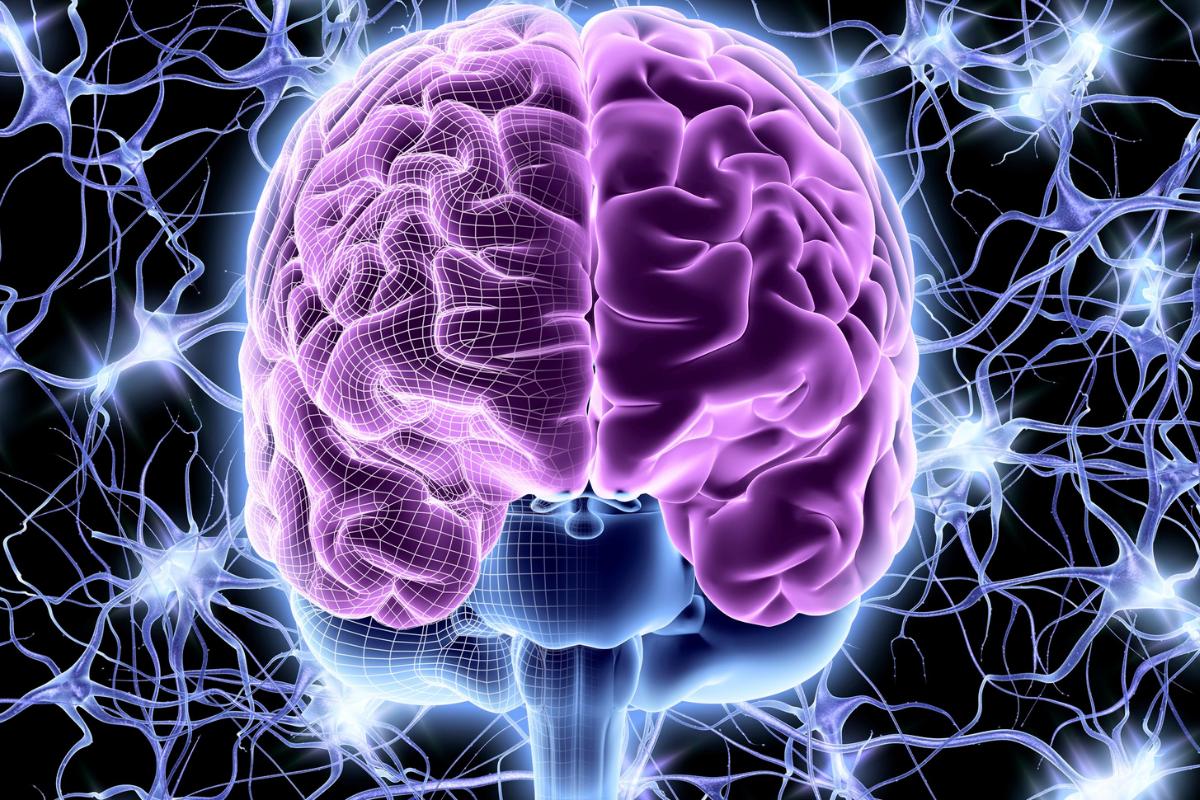By Dr. Petrus Raulino
A study published in the journal Molecular Psychiatry analyzed data from a genome-wide association study between Schizophrenia, Bipolar disorder and general intelligence to investigate overlapping common genetic variants.
Schizophrenia and Bipolar Disorder
Schizophrenia and Bipolar Disorder are globally recognized as among the main causes of morbidity and mortality in the world.
Although they are different, they may share some clinical characteristics, including changes in mood, thinking, perception and social functioning.
The clinical manifestations of these disorders can be accompanied by cognitive impairment, although this tends to be more serious in Schizophrenia than in Bipolar Disorder.
Among the cognitive domains are executive functions, verbal learning, processing speed and memory, as well as general intelligence.
Growing evidence indicates that genetic risk for schizophrenia can contribute to cognitive impairment.
In turn, the genetic relationship between Bipolar Disorder and cognitive function remains poorly understood.
The study in question showed a polygenic overlap between intelligence, schizophrenia and bipolar disorder.
A locus is the fixed place on a chromosome where a particular gene or genetic marker is located.
The study identified 75 gene loci associated with Schizophrenia and intelligence and 12 gene loci associated with Bipolar Disorder and intelligence.
Among the shared loci, 20 were new risk loci for Schizophrenia and 4 were new for Bipolar Disorder.
In all, the study indicated that large fractions of the genetic risk architectures underlying Schizophrenia, genetic mutations and Bipolar Disorder also influence intelligence, although in different ways.
The results suggested that the genetic relationship between the three (Schizophrenia, Bipolar Disorder and intelligence) is more complex than is expressed by their genetic correlations, which may explain the diversity of cognitive performance between the different groups of patients.
The research has provided new insights into the genetic and molecular basis of altered cognitive performance in these groups of patients.
References
Smeland, O. B., Bahrami, S., Frei, O., Shadrin, A., O'Connell, K., Savage, J., ... & Andreassen, O. A. (2020). Genome-wide analysis reveals extensive genetic overlap between schizophrenia, bipolar disorder, and intelligence. Molecular psychiatry, 25(4), 844-853.
Consortium, I. S. (2009). Common polygenic variation contributes to risk of schizophrenia that overlaps with bipolar disorder. Nature, 460(7256), 748.
Kahn, R. S., & Keefe, R. S. (2013). Schizophrenia is a cognitive illness: time for a change in focus. JAMA psychiatry, 70(10), 1107-1112.
Keshavan, M. S., Morris, D. W., Sweeney, J. A., Pearlson, G., Thaker, G., Seidman, L. J., ... & Tamminga, C. (2011). A dimensional approach to the psychosis spectrum between bipolar disorder and schizophrenia: the Schizo-Bipolar Scale. Schizophrenia research, 133(1-3), 250-254.
Simonsen, C., Sundet, K., Vaskinn, A., Birkenaes, A. B., Engh, J. A., Færden, A., ... & Andreassen, O. A. (2011). Neurocognitive dysfunction in bipolar and schizophrenia spectrum disorders depends on history of psychosis rather than diagnostic group. Schizophrenia bulletin, 37(1), 73-83.
Keefe, R. S., & Fenton, W. S. (2007). How should DSM-V criteria for schizophrenia include cognitive impairment? Schizophrenia bulletin, 33(4), 912-920.
Green, M. F. (2006). Cognitive impairment and functional outcome in schizophrenia and bipolar disorder. Journal of Clinical Psychiatry, 67, 3.







